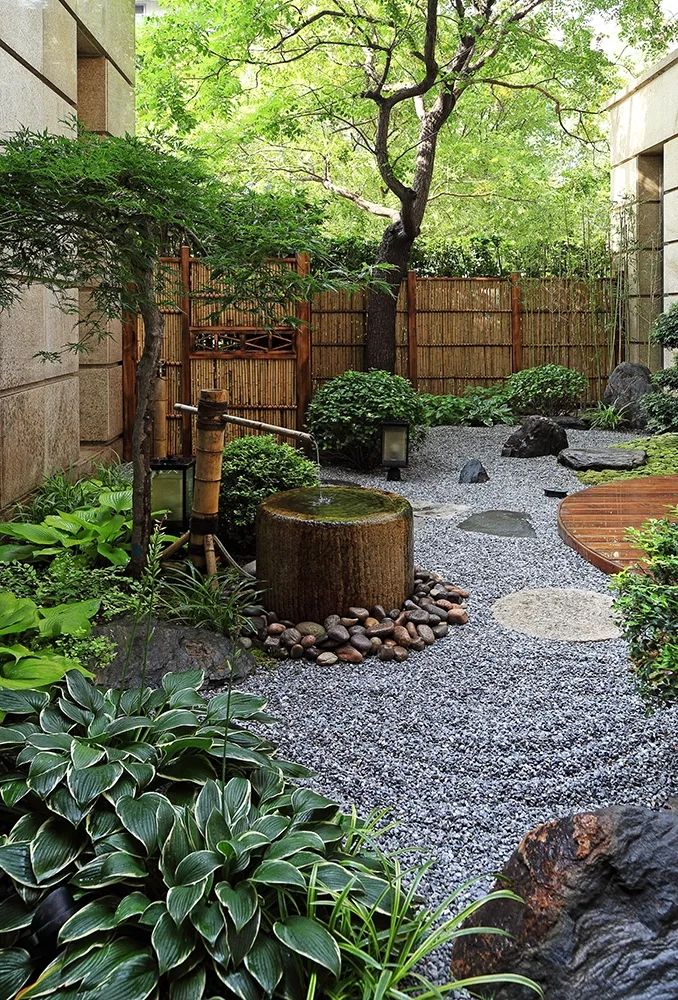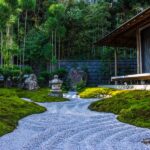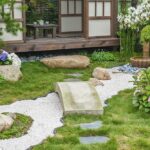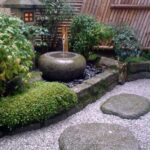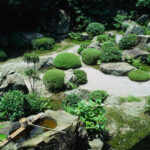Japanese garden design is a time-honored tradition that has been refined and perfected over centuries. These gardens are designed to create a sense of harmony, tranquility, and natural beauty. There are several key elements that are central to Japanese garden design, including balance, simplicity, and symbolism.
One of the most important principles in Japanese garden design is the use of balance. This can be seen in the careful placement of elements such as rocks, plants, and water features. In a traditional Japanese garden, there is a sense of equal weight and importance given to each element, creating a harmonious and peaceful environment.
Simplicity is another key aspect of Japanese garden design. These gardens are known for their minimalist aesthetic, with an emphasis on clean lines, uncluttered spaces, and a sense of openness. This simplicity allows for a sense of calm and serenity to pervade the garden, creating a space that is conducive to meditation and contemplation.
Symbolism plays a significant role in Japanese garden design, with many elements chosen for their deeper meanings. For example, rocks are often used to represent mountains, water features can symbolize rivers or oceans, and specific plants may be chosen for their cultural or historical significance. These symbolic elements contribute to the overall mood and atmosphere of the garden, imbuing it with layers of meaning and significance.
In addition to these key principles, Japanese garden design also emphasizes the importance of natural materials and organic forms. Traditional gardens often feature elements such as bamboo fences, wooden bridges, and stone lanterns, all of which are chosen for their natural beauty and ability to blend seamlessly with the surrounding landscape. The use of these materials helps to create a sense of harmony and unity within the garden.
Overall, Japanese garden design is a reflection of the country’s deep connection to nature and its rich cultural heritage. These gardens are not only beautiful and serene spaces, but also serve as a reminder of the importance of balance, simplicity, and symbolism in our lives. Visiting a Japanese garden is a truly immersive experience that allows us to reconnect with the natural world and find peace and tranquility in our busy lives.
